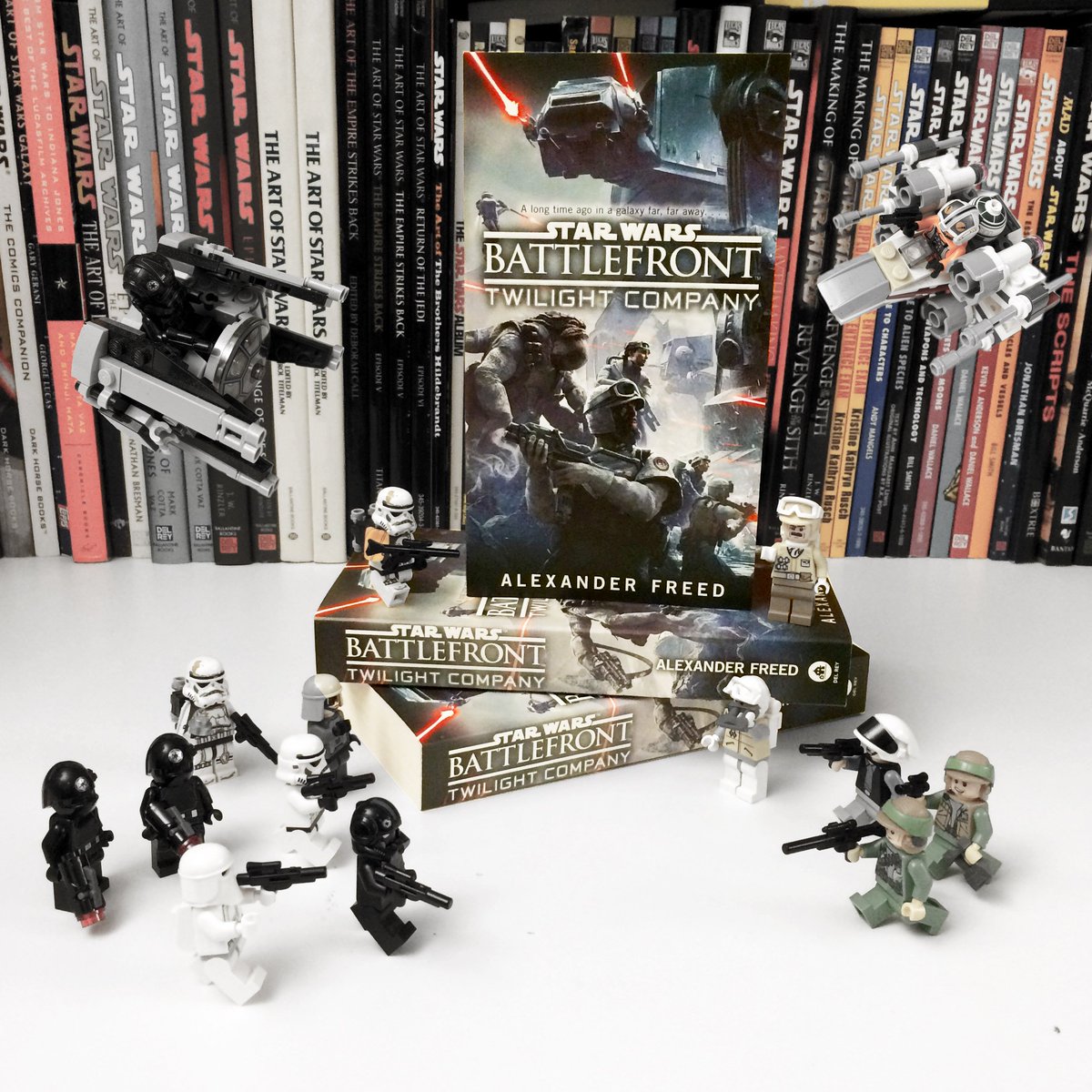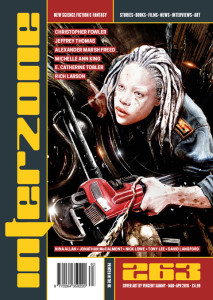Just a brief update this time around–life and work have been busy, and while I’ve got a few new game writing articles in various stages of production it may be a while before I have a chance to polish any up.
If you want to nag me in person about game writing or anything else, however, I’ll be attending Comicpalooza in Houston June 17th and 18th. (The convention is Friday through Sunday, but I’m departing Sunday morning.) I’ll be participating in a number of panels, as follows (full details, including locations and other panelists, at the official schedule):
Friday, June 17th
8:00pm: Monster Design 101. No roleplaying game is complete without some monsters. Find out what makes a truly effective monstrosity, and work with our panelists to brainstorm ideas for a cool original RPG monster.
Saturday, June 18th
12:00pm: Player Agency and Designer Authorship. In video games, especially when you’ve got a designer-authored experience rather than a purely emergent or procedural one, you’ve got to give the player a reasonable sense of agency over their experience and the feeling that the bad things that happen to them are fair and consistent–no one likes shooting through a room full of baddies only to be disarmed by one guy with a pistol in a cutscene, for instance.
2:00pm: What Makes a Good Villain? This panel takes a look at the characteristics of a good villain for your RPG campaign. Whether a tragic figure or a relentless force of nature, a memorable and compelling villain can add depth and vitality to any game. Come find out some tricks you can use to enhance your bad guys!
6:00pm: Cutscenes Within Video Games. Lots of people have strong feelings about them! What makes a cutscene good or bad? How can they be used well?
The rest of the time I’ll very likely be wandering around the con, so feel free to say “hi.” I’ll almost certainly show up at at least one of the roller derby exhibition bouts going on! If you can’t catch me at a panel but still want to chat, feel free to reach out to me on Twitter during the day and see if I’m in shouting distance.
On an unrelated note, the paperback edition of my novel Star Wars: Battlefront: Twilight Company will be out June 28th. It’s the same as ever, but the paperback includes Janine K. Spendlove‘s short story “Inbrief” (previously published in Star Wars Magazine insider, starring Twilight Company’s resident bounty hunter Brand) as well. Bonus!

I won’t reiterate my pitch for the book here, but there’s more on the Bibliography page as well as a lengthy excerpt, synopsis, and blurbs over at the official Penguin Random House site.

 While watching reports and live-tweets come in from the recent East Coast Games Conference, I was intrigued to see a number of speakers independently touch on the same point. Warren Spector advised, during his keynote address, “Don’t judge the player. The player shouldn’t know your answers to the questions you’re posing”; while Steve Jaros, in a panel on “Writing For Mechanics Beyond Combat,” offered a concurring view: “Give your players options without attaching value judgments. Present them all sincerely.” (These quotes may be paraphrased.)
While watching reports and live-tweets come in from the recent East Coast Games Conference, I was intrigued to see a number of speakers independently touch on the same point. Warren Spector advised, during his keynote address, “Don’t judge the player. The player shouldn’t know your answers to the questions you’re posing”; while Steve Jaros, in a panel on “Writing For Mechanics Beyond Combat,” offered a concurring view: “Give your players options without attaching value judgments. Present them all sincerely.” (These quotes may be paraphrased.) Just a brief update: My latest short story, “Ten Confessions of Blue Mercury Addicts, by Anna Spencer” appears in the March / April issue of venerable British SF magazine Interzone. You can purchase the hardcopy edition of Interzone #263 at the
Just a brief update: My latest short story, “Ten Confessions of Blue Mercury Addicts, by Anna Spencer” appears in the March / April issue of venerable British SF magazine Interzone. You can purchase the hardcopy edition of Interzone #263 at the